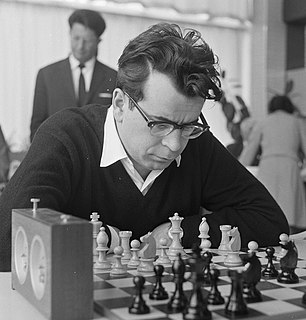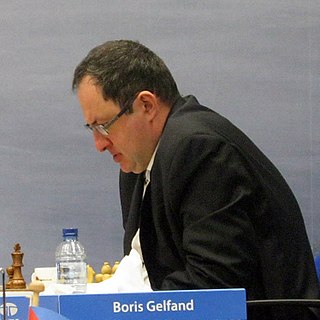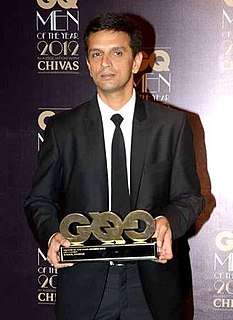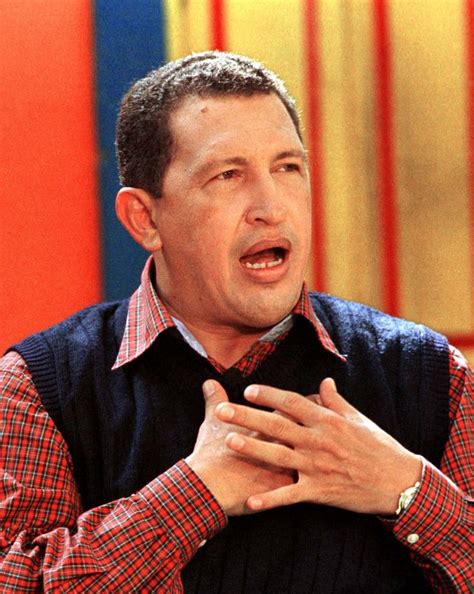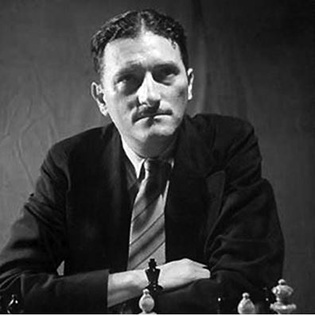A Quote by Pal Benko
There is no doubt that Bronstein's shrewd understanding of chess psychology was crucial to his success. Without it, his impetuous style and technical flaws might have relegated him to a minor career.
Related Quotes
For my victory over Capablanca I am indebted primarily to my superiority in the field of psychology. Capablanca played, relying almost exclusively on his rich intuitive talent. But for the chess struggle nowadays one needs a subtle knowledge of human nature, an understanding of the opponent's psychology.
The science of psychology has been far more successful on the negative than on the positive side... It has revealed to us much about man's shortcomings, his illnesses, his sins, but little about his potentialities, his virtues, his achievable aspirations or his psychological health... We must find out what psychology might be if it could free itself from the stultifying effects of limited, pessimistic and stingy preoccupations with human nature.
Confronting the US made him [Hugo Chavez] a target for demonization. Partisan and/or lazy journalism exaggerated his faults, ignored his virtues, and downplayed the influence of strident and on occasion anti-democratic opponents. The flip side is his anti-imperialist posturing so dazzled his cheerleaders they overlooked his flaws, flaws which worsened over time, and they created their own caricature.
The orator, who may be silent without danger, may praise without difficulty and without reluctance; and posterity will confess that the character of Theodosius might furnish the subject of a sincere and ample panegyric. The wisdom of his laws and the success of his arms rendered his administration respectable in the eyes both of his subjects and of his enemies. He loved and practised the virtues of domestic life, which seldom hold their residence in the palaces of kings.
The huge egos of great chess players are legendary. Psychologists have been amazed by their vanity, have studied it, and anecdotes concerning it are abundant. But never before has there been such a prima donna as Bobby. Already he has managed to alienate and offend almost everybody in the chess world. That includes officials, patrons, writers, almost everybody and anybody who might be in a position to help him in his career.
Some souls think that the Holy Spirit is very far away, far, far, up above. Actually he is, we might say, the divine Person who is most closely present to the creature. He accompanies him everywhere. He penetrates him with himself. He calls him, he protects him. He makes of him his living temple. He defends him. He helps him. He guards him from all his enemies. He is closer to him than his own soul. All the good a soul accomplishes, it carries out under his inspiration, in his light, by his grace and his help.
At birth, the child leaves a person - his mother's womb - and this makes him independent of her bodily functions. The baby is next endowed with an urge, or need, to face the out world and to absorb it. We might say that he is born with 'the psychology of world conquest.' By absorbing what he finds about him, he forms his own personality.
He loved me. He'd loved me as long as he he'd known me! I hadn't loved him as long perhaps, but now I loved him equally well, or better. I loved his laugh, his handwriting, his steady gaze, his honorableness, his freckles, his appreciation of my jokes, his hands, his determination that I should know the worst of him. And, most of all, shameful though it might be, I loved his love for me.
